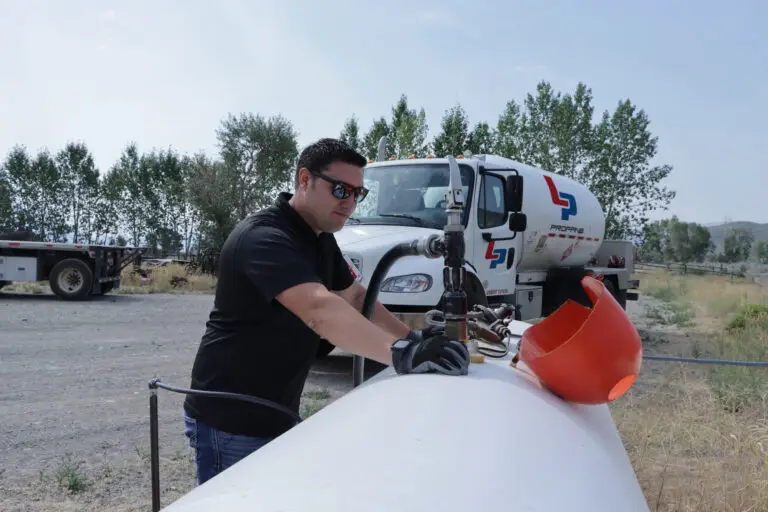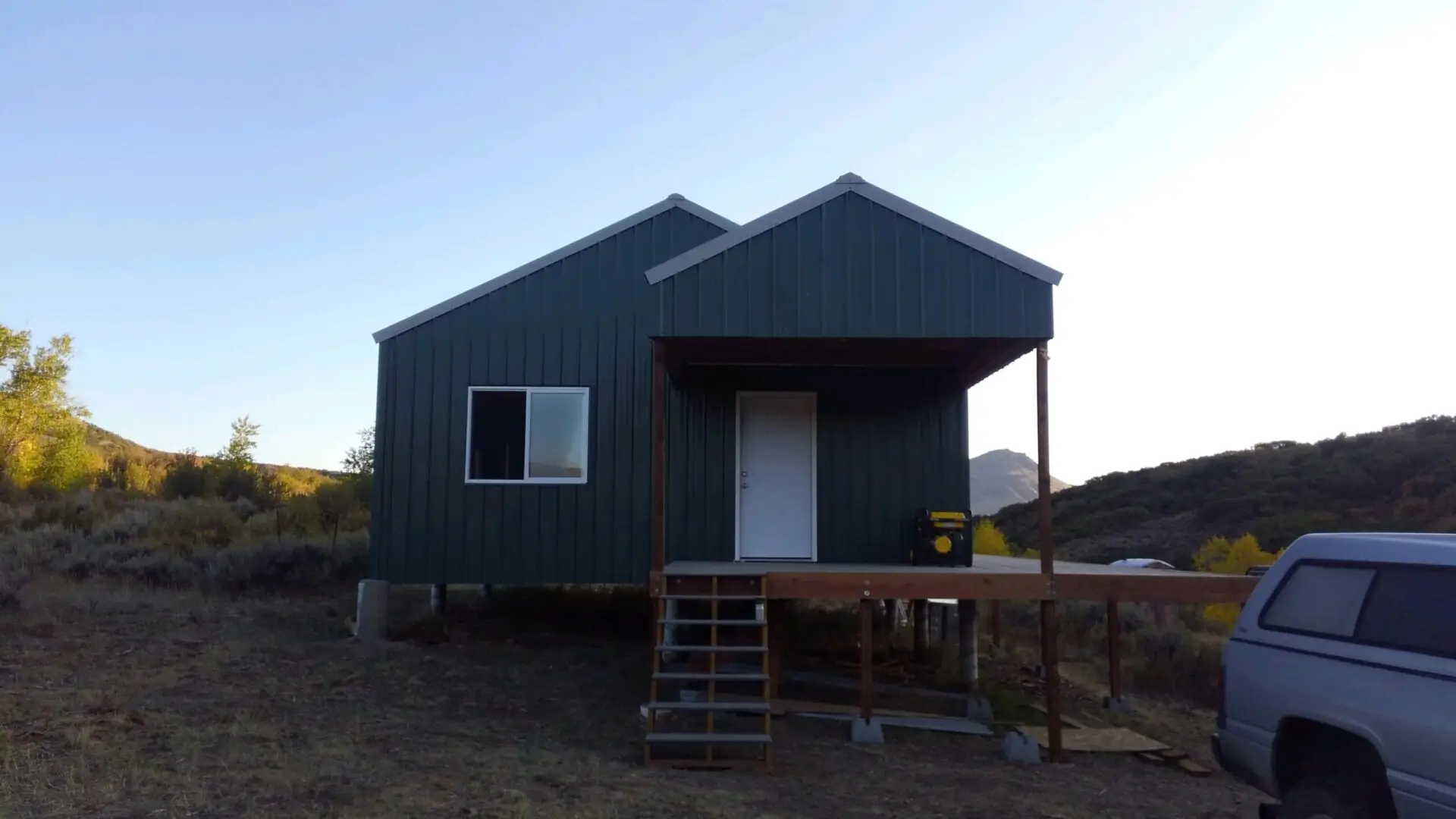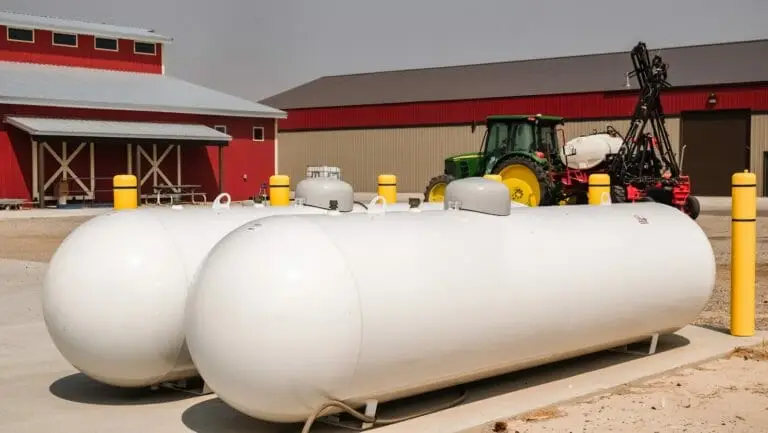
Winter-Ready Fuel: Why Liquid Propane Shines in Cold Weather
Coming into the winter season, having a consistent and efficient heat source is very important. LP Propane is a superb fuel for cold weather since it offers consistent performance, energy efficiency, and eco-friendliness. Other fuels may not perform as well

